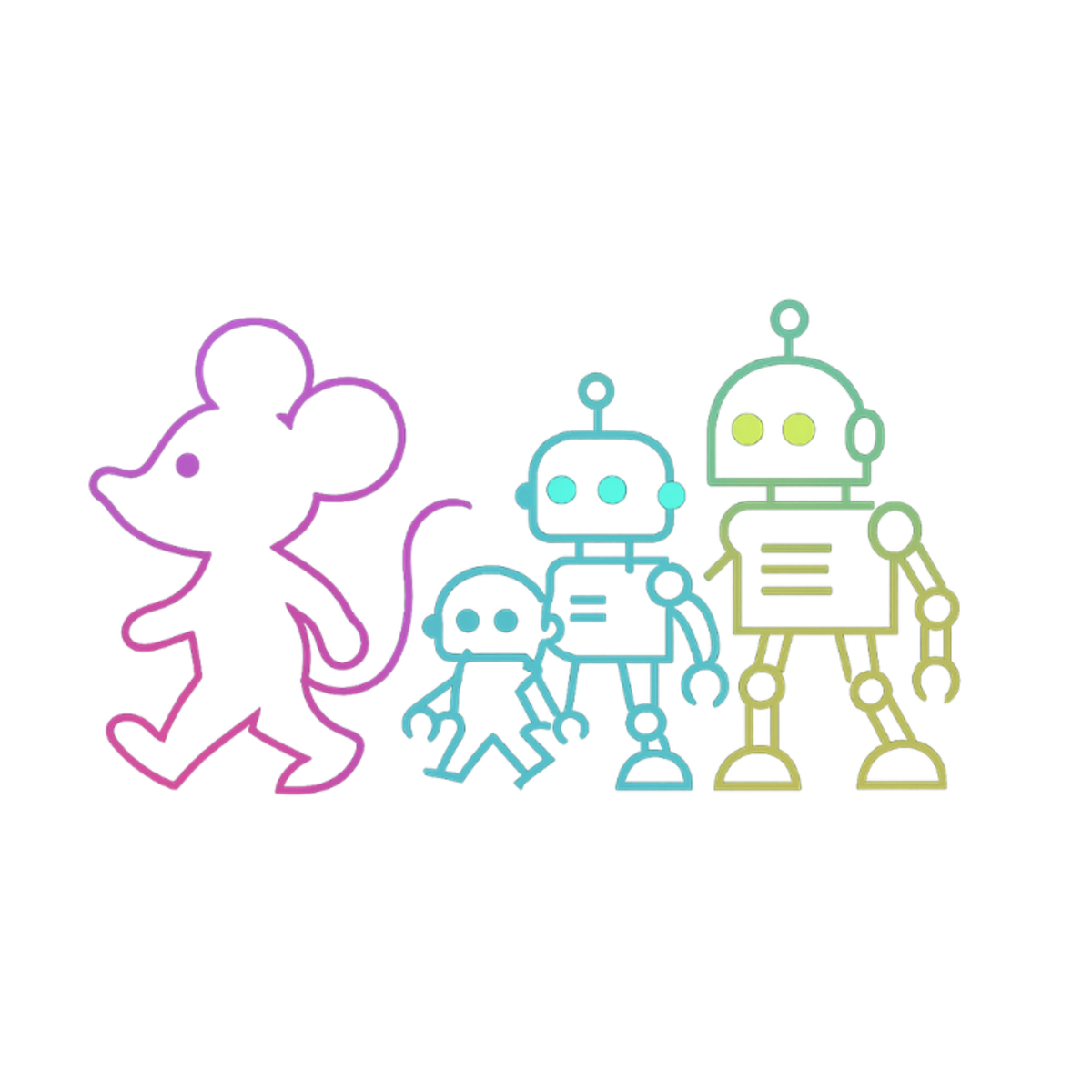China's chip ban shakes Nvidia, Groq scores a nearly $7B vote of confidence, Gemini becomes your new Chrome co pilot, Oracle and Google make up, MIT maps genAI’s next decade, and OpenAI drops a tactical enterprise gem.
Groq raises $750M to take on Nvidia, hits $6.9B valuation
Investors have made it clear, the AI hardware game needs more players than just Nvidia, and Groq is stepping up as a serious contender.
Groq just raised a hefty $750 million round, bringing its post money valuation to $6.9 billion. The round attracted giants like BlackRock, Deutsche Telekom Capital Partners, and repeat investors including Samsung, Cisco, and D1. It's the latest move in Groq's bid to reshape the economics and structure of AI infrastructure, with a strong focus on inference at scale.
What makes Groq different? Instead of GPUs, it’s doubling down on LPUs, Language Processing Units, purpose built for running and serving large AI models at lower cost and higher determinism. That includes cloud based and on prem clusters that support open models from Meta, OpenAI, Mistral, and more. Founder Jonathan Ross, who led the creation of Google’s TPUs, is clearly going after the same playbook, but for the inference layer.
The developer interest is real, Groq now supports over 2 million devs, up from just 356,000 last year. With over $3 billion raised and growing demand to diversify infrastructure away from Nvidia’s GPU dominance, this is shaping into a full on silicon war.
Google Gemini takes over Chrome, raises the bar for AI native browsers
Welcome to the AI native browsing era. Google’s latest update embeds Gemini deep into Chrome, changing how we interact with the web.
Users in the U.S. (English speakers for now) will start seeing Gemini features stitched throughout Chrome, from enhanced autofill to smart content generation. The upcoming “AI Mode” puts Gemini right into the address bar, enabling tasks like answering search queries or filling in forms through a keyboard shortcut. Think less clunky chatbot, more invisible productivity layer across your browsing flow.
Google's not stopping at autocomplete. Future Gemini features will include interactive “agentic tools,” capable of performing multi step tasks like filling carts or interacting with websites on your behalf. It’s a step toward fully assistive web experiences, bringing Google's recent Project Mariner demos into the mainstream.
With Chrome still the world’s dominant browser, this rollout resets expectations for consumer AI UX. Between this and Gemini's surge past ChatGPT in mobile downloads, Google is turning up the pressure on startups like Perplexity (Comet), The Browser Company (Arc/Dia), and whoever OpenAI is preparing to unveil next.
China bans Nvidia chips, lighting a fuse in the AI geopolitical standoff
On Tuesday, China officially banned domestic firms from buying or testing Nvidia's RTX Pro 6000D chips, dealing a direct blow to one of the most critical suppliers in the global AI ecosystem.
The ban is the latest move in a broader U.S. China AI cold war. At stake, the flow of top end semiconductors that power everything from chatbots to defense simulation systems. Nvidia CEO Jensen Huang expressed disappointment, and rightly so, China reportedly accounts for 15% of Nvidia’s total revenue. Shares slipped by nearly 3% on the news.
In a not so coincidental countermove, Nvidia announced a $5 billion partnership with Intel to co design U.S. based AI chips. The goal? Reinforce domestic supply chains, and compete more nimbly with AMD, Arm, and now, increasingly, geopolitics.
The risk for multinationals is clear, we may be headed toward bifurcated ecosystems, where Western and Chinese markets run on diverging model stacks, hardware, and compliance regimes. For enterprise AI players operating globally, this means higher complexity, fewer shared standards, and potentially duplicated efforts in both infrastructure and model development.
Oracle and Google partner to strengthen enterprise AI multicloud
In a move that’s as strategic as it is symbolic, Oracle is partnering with Google to weave the Gemini AI models into Oracle Cloud Infrastructure’s Generative AI services.
The goal here isn’t consumer sizzle, it’s enterprise flexibility. Oracle's cloud, increasingly popular with government and regulated industry clients, will now offer Gemini's capabilities natively alongside other model providers. The backdrop, enterprises want to spread risk across clouds, and not be locked into AWS or Azure. By bringing Google’s models into the fold, Oracle is positioning itself as a multicloud AI enabler, and signaling that multicloud, not monoculture, is the future of enterprise AI architecture.
Still to be seen, how seamlessly the integration performs at scale in high regulation environments. But in the chessboard of hyperscaler alignment, this is a clear consolidation play.
MIT consortium envisions the next decade of generative AI
This week, MIT hosted its first Generative AI Impact Consortium Symposium, bringing big tech, academia, and startup minds together to sketch the decade ahead. The big theme, the shift from static LLMs to “world models” that learn persistently from real world sensory input, more like you and me than next token predictors.
Meta’s Yann LeCun led the charge, noting that even the largest language models haven’t “seen” as much as the average toddler. His takeaway? Unlocking AI’s next phase will require models to experience the world multimodally, not just read it. MIT scientists also demoed promising systems that blend visual perception with LLMs, showing potential across everything from ecological image processing to hallucination mitigation.
Amazon chimed in with real world stakes, it's already deploying generative AI for warehouse logistics and robotics, underscoring that this tech is way past the “demo” phase. Takeaway, the R&D road ahead isn’t just about scaling larger models. It’s about making them smarter, safer, and more perceptive, and that road likely passes through academia industry alliances like this one.
Stay sharp,
- Aura

